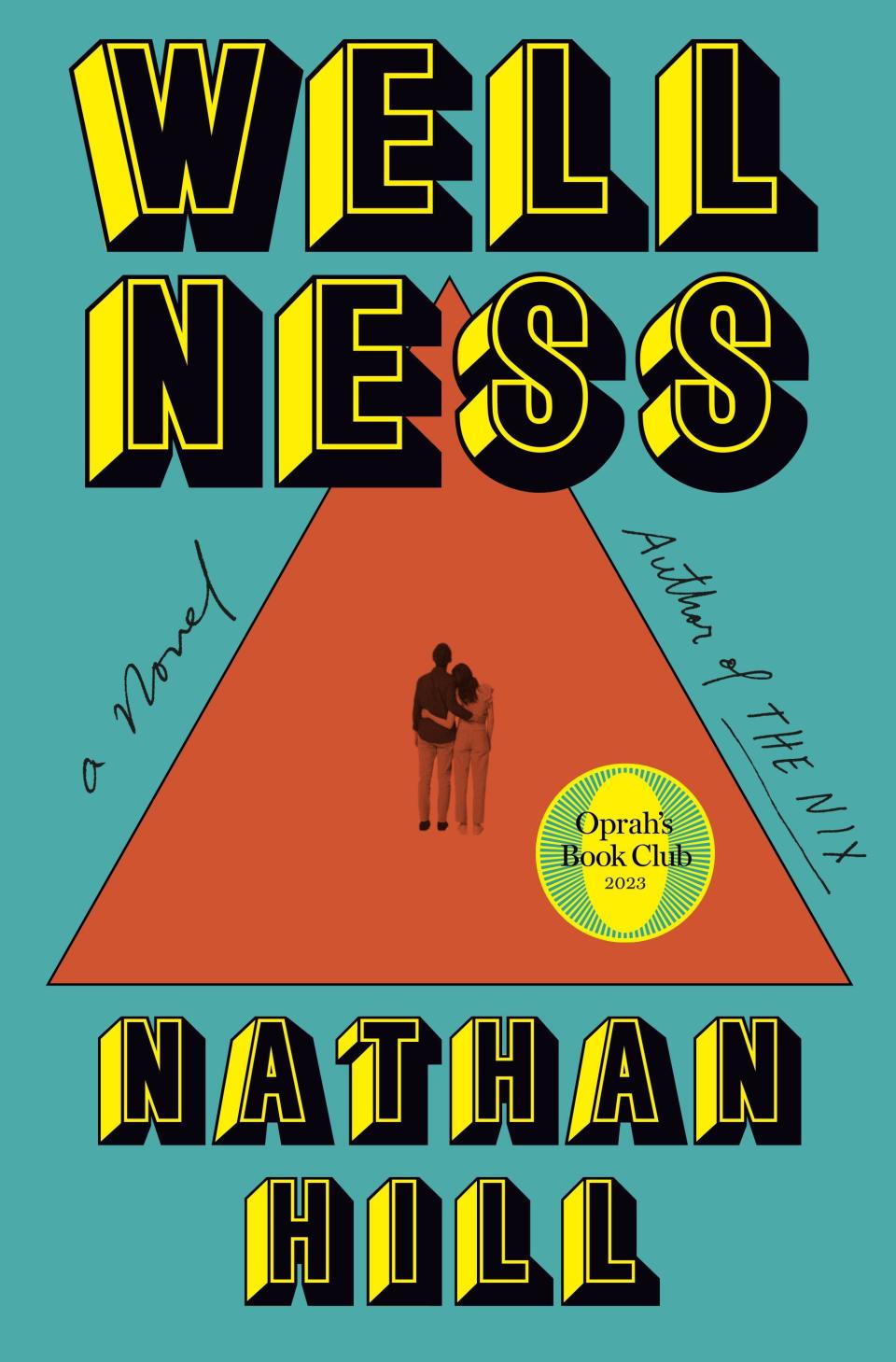How to Write a Novel in 7 Easy Steps

"Hearst Magazines and Yahoo may earn commission or revenue on some items through these links."
1. Create a writing ritual
There’s a reason we put art in quiet museums, why symphonies are played in grand concert halls, why we worship in soaring cathedrals: There’s something about silence and sanctity that prepares us for awe. We must create a space insulated from the everyday noise in order to experience something profound. I try to do the same thing when I start a new novel. I follow a ritual that, slowly, step-by-step, shepherds my mind into the mental space necessary for literature to happen. It begins in the morning, first thing, before checking email, before reading the news. I go into my office, close the door, light a candle, put on some soothing music, snuggle into a big comfy chair, turn on an overhead lamp, open my laptop and start a new Word document and title it “My Novel,” and this is the moment when having a ritual is really important, because as I stare at that demented blinking cursor amid all that ghastly barren space and I realize I don’t have the first clue where to begin or what to do and I doubt I’ll ever have a good idea ever again and I question whether I’m even a real writer at all, I can reassure myself that yes, I must be a real writer, because, after all, I have a writing ritual.
2. Write longhand
That blinking cursor being just far too horrible and disturbing (and also kind of needy, am I right?), I switch to writing by hand. I put away the laptop and write in a journal, a diary, a legal pad. That way maybe I’ll stop judgmentally deleting every sentence as soon as I write it, a habit that even gluing thumbtacks upside-down on the backspace key did not cure.
3. The first sentence should contain the whole novel in miniature
Here I am, in my comfiest chair, with my favorite pen (a kind of substantial-feeling metal pen where the ink flows darkly and freely but somehow never splotches), and I’m holding a blank journal (one that’s large enough to feel important but not so large that it’s cumbersome), a journal with pages that are lined (because unlined pages feel too sloppy, and grid paper feels too formal and fussy and maybe a little masochistic), with a perfectly curated playlist of instrumental music murmuring at a low volume in the background, with an overhead light tuned at exactly the same color temperature as the outside light according to the Kelvin scale—here I am, tranquil, organized, prepared for awe, ready to write a sentence worthy of great literature, a sentence that proves I am indeed a real writer, that this whole being-a-writer thing was indeed a good idea, that going into vast student-loan debt to study creative writing wasn’t an enormous waste of money, that my friends were wrong when they gave me that pinched-face look after reading one of my early stories, that my parents were wrong when I switched majors from engineering to English and they said, “How about you write as a hobby while working a job that actually makes money?”—I need to write a sentence that exonerates me, in other words, for possibly poor decision-making in my youth—and when this is all just way too much pressure to put on one sentence and the sentence unsurprisingly does not emerge and I can’t even excrete one single word and I stare at the blank lined journal for so long that my playlist runs out and the room plunges into grave-like silence, this is when I realize it’s actually important not to write that sentence but instead to do a prodigious amount of…
4. Research!
I spend literally days on Google Scholar. I find an interesting study from psychology and then look up all the citations listed in that study and then read those studies, too, and then those citations and so on and so forth, a quadratic explosion of material I absolutely must get through before I can even think about writing another word. And when my wife or friends or parents ask me what I’m doing with all those printouts fully neoned in yellow highlighter, all those cryptic notecards I’ve pinned to the huge new corkboard on the wall, when they ask what’s happening with that novel I promised I was writing, I can say something that’s both truthful and artfully oblique: “It’s marinating.”
5. Create an outline
After doing so much research that I now basically have the equivalent of a bachelor’s degree in several new esoteric subjects (evolutionary psychology, say, or graph theory mathematics), and after putting so many notecards on the corkboard that it begins to resemble some kind of sprawling movie-bad-guy’s insane obsession-wall, I return to that still-empty notebook and, with all this newfound wisdom, I finally successfully write the first sentence of my new novel:
Both Chuck and Elizabeth were staring out their respective windows.
And then I immediately regret every single word.
I mean, what kind of name is Chuck? And what’s with that word both, which I realize only after reading the sentence an embarrassing three or four times is completely redundant and unnecessary? And didn’t countless teachers in the creative writing education that I am still paying off warn me against passive constructions like were staring? And would they be staring out the window or out of the window? Or maybe staring through the window? I suddenly don’t know. I am suddenly so unsure of the language, it’s as if I’ve just learned it.
And don’t even get me started on the multisyllabic horror that is respective.
6. Revise each word in this sentence several times, and then also do the same thing in every sentence thereafter, for, like, the next 600 pages
This should take roughly two to 10 years, during which time I regularly whine to my wife about how I should have gone into finance, or how I should have gone into advertising, or how I should have been a goddamn engineer like my goddamn parents wanted me to.
After which, violà! I’ve finished my novel!
7. Do it all again
When people approach me at readings and say well-meaning things like “You have such natural talent” or “You’re so gifted” or “Writing must come so easy for you,” I just try to thank them. I don’t tell them that back home there is another intimidatingly blank journal, another empty corkboard, another unopened package of pens, that no matter how many novels I write, the steps always seem the same, that writing a novel seems completely impossible when you’re at the beginning. Instead, when people ask their inevitable follow-up question—“What are you writing next?”—I just smile tightly and say something vague: “It’s marinating.”

Wellness, by Nathan Hill
bookshop.org
$27.90
You Might Also Like

